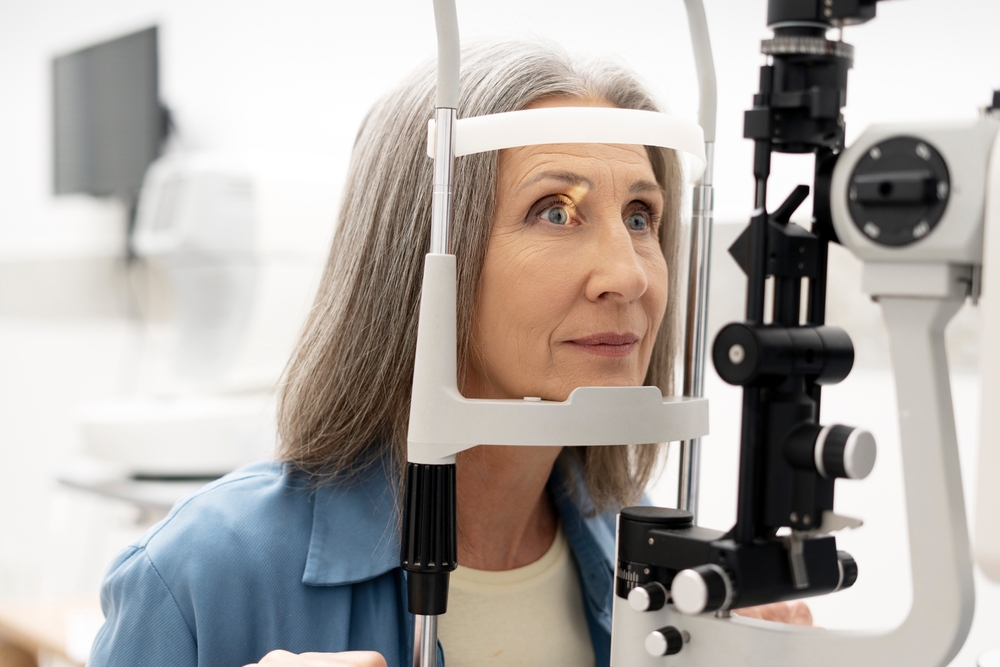
As we get older, changes in our eyesight are common. But how do we know when those changes are part of the natural aging process and when they signal something more serious? Cataracts are one of the most frequent age related eye conditions, but many people are not sure whether to view them as normal or a medical concern.
What Are Cataracts?
Cataracts occur when the normally clear lens of the eye becomes cloudy. This cloudiness can cause blurred or dim vision, difficulty seeing at night, increased sensitivity to light, and seeing “halos” around lights. In the early stages, cataracts may be barely noticeable. However, over time, they can progress and significantly interfere with your daily life.
Are Cataracts a Normal Part of Aging?
Cataracts are considered a common part of the aging process. In fact, more than half of Americans age 80 and older either have cataracts or have had cataract surgery. As we grow older, the proteins in the lens of the eye can begin to break down and clump together, leading to cloudiness. While age is the most common risk factor, cataracts can also result from:
• Diabetes
• Smoking
• Excessive UV exposure
• Previous eye surgery or injury
• Certain medications, like corticosteroids
Though they are common, cataracts are not something to be ignored.
When Cataracts Become a Medical Concern
While cataracts may be a normal part of aging, they can also be a significant medical concern if they begin to impact your ability to perform everyday tasks such as reading, driving, or recognizing faces. Left untreated, cataracts can eventually lead to serious vision loss. Fortunately, cataract surgery is a highly effective treatment that restores clear vision by replacing the clouded lens with an artificial one. The key is early detection and timely management - something only possible through regular comprehensive eye exams.
Why Regular Eye Exams Are Crucial
Cataracts develop gradually, and many people don’t notice the symptoms until their vision has already been affected. That’s why regular eye exams are essential. During a comprehensive eye exam at Kibo Eyecare, our optometrists can detect early signs of cataracts and other age-related eye conditions like glaucoma or macular degeneration - even before symptoms appear.
Early diagnosis allows for better monitoring and planning. In the case of cataracts, lifestyle adjustments, prescription updates, and protective measures can slow progression, and your eye doctor can recommend when it’s time to consider surgery.
Take the First Step Toward Clearer Vision
Cataracts may be a common part of aging, but that does not mean they should be overlooked. When left unaddressed, they can interfere with your daily life and lead to more serious vision problems. Regular eye exams are essential for detecting cataracts early, monitoring their progression, and determining the right time for treatment. Staying proactive about your eye health is one of the best ways to preserve your vision as you age.
Concerned about cataracts? Schedule a comprehensive eye exam with Kibo Eyecare to protect your vision. Visit our office in Glastonbury, Connecticut or call (860) 659-5900 to book your appointment today.







